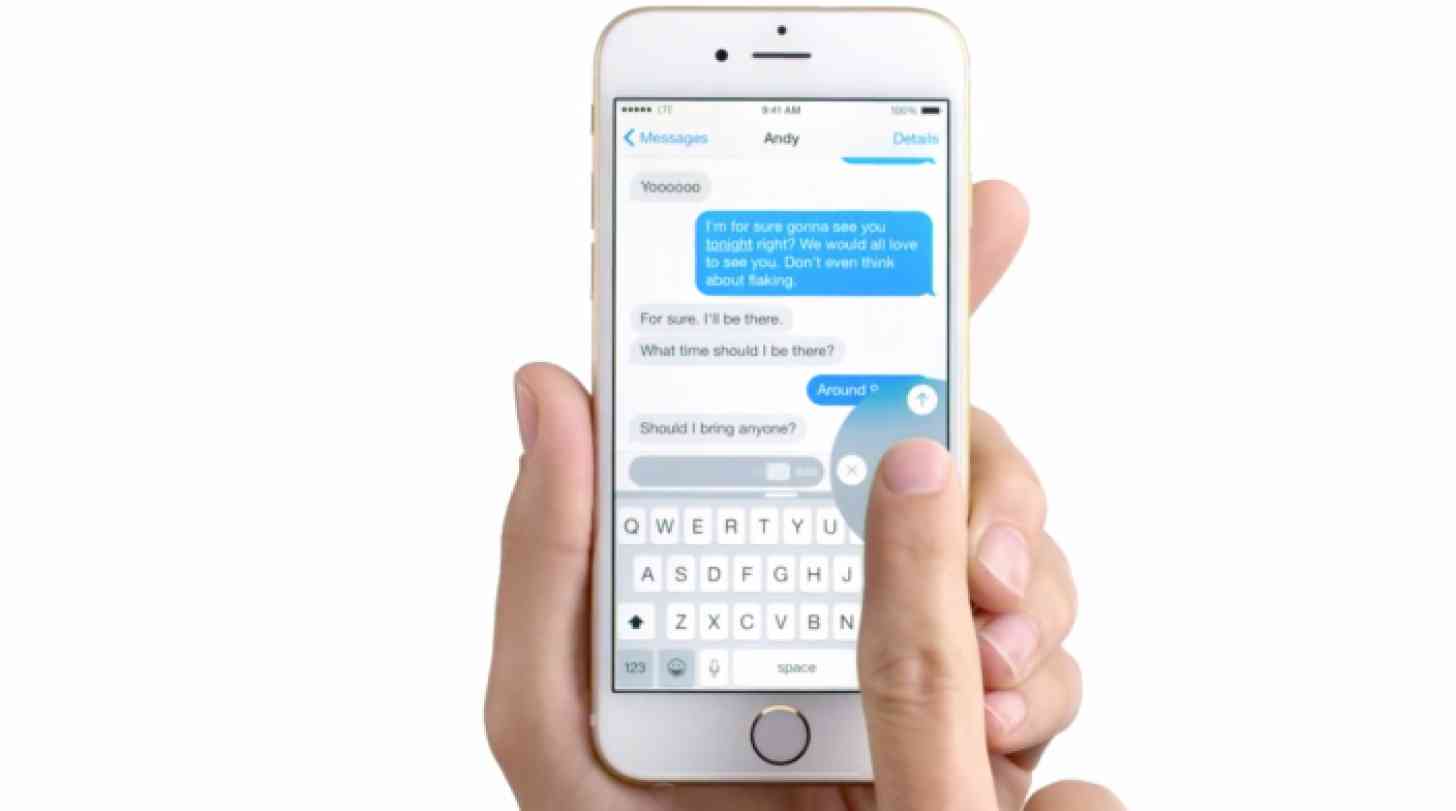
Unless you’ve been living under a rock for the past decade or so, you’ve probably noticed a massive shift in the way we communicate with one another. It’s no longer, “Hey, give me your digits and I’ll ring you sometime!” Instead, it’s “Hey, what’s your number? I’ll shoot you a text.” Texting, at least for my generation, has pretty much become our preferred method of communication; it’s convenient, fast, and private, so there’s a lot to love about it.
But even text messages themselves have evolved since I’ve started texting. Back in the day it was all about using T9, having to bounce back and forth between your “Inbox” and “Sent” to figure out where you left off in a conversation, and having to send simpleton smilies like :) and :(. Now we have full (virtual!) QWERTY keyboards, seamless threaded messages, and Emojis to help us create easier, clearer text messages.
There are even enhanced messaging services available that use the Internet rather than slower cellular towers to text, and allow you to do more with your texting such as sending high-resolution images and video (MMS typically compresses these), more options for what types of documents you can share with one another, better group message organization, and more. One of the most popular messaging systems today is iMessage, an integrated data messaging system offered to Apple product users.
I love iMessage. I love how quickly the messages send, being able to send and receive GIFs, and the ability to send voice recordings within the thread itself. I love being able to see when somebody else is typing, and above all else, I love that Apple leaves the complicated stuff out of the equation in regards to iMessage. If the recipient of your text has iMessage enabled, it automatically converts. iMessage is also already integrated into Apple’s Messaging app, so there’s no downloading or anything involved. Say what you will about iOS being “too simple”, but this is one feature that I love for its simplicity.
Well, when it wants to be simple, that is. As most people know, iMessage can also be extremely fickle. For example, if you ever decide to ditch Apple products for something else (perish the thought that you could ever want something else) you’re forever tied to iMessage until you manually turn it off. Recently this has been remedied so that you can turn off iMessage remotely, but there was an issue once upon a time where the solution was not that simple.
And of course, there’s still the glaring issue that once you do leave Apple products, you no longer have access to iMessage at all. iMessage is available to Apple users and only Apple users, so anyone else is SOL.
And it’s because of this that I’m hoping that Google’s most recent acquisition of Jibe and its subsequent announcement of implementing Rich Communications Services will finally put an end to this wonderful-but-fragmented way of messaging.
And while I have no doubt that the main purpose of Google’s commitment to RCS is for Android (and I wouldn’t be surprised to see it on iOS), I can’t help but hope that maybe this will cause everyone to realize that this really chould be approached much more simply. If everybody wants enhanced features with texting, why not just make one updated, integrated system across all platforms?
Maybe I’m thinking about this all wrong, but I feel that texting has become such a standard method of communicating at this point that there’s little reason to keep something like iMessage special for Apple users. And I don’t just want Google to take Jibe and create an iMessage equivalent for just Android users; I want somebody to make it so that something similar to iMessage is the standard across the board. We should be able to send the high quality images and videos our phones take without having it compressed to hell – after all, we pay for these really great cameras on our phones, right? We should be able to send texts in as short of amount of time as possible. We should continue to use SMS as a backup method of communicating (because it’s not broken, it’s just not as good anymore) in case this method fails.
iMessage is a big reason that I don’t like leaving iOS. Don’t get me wrong, I love iOS for a myriad of reasons – but I love Android (and occasionally Windows Phone) too, and I hate that something as simple as an enhanced messaging system is what ends up being my deciding factor on whether I want to switch (or how quickly I end up switching back).
So, in theory, it is simple. We kill the iMessage (or just its exclusivity) and go ahead and branch a similar service out to all smartphones. In reality I imagine it’s not simple at all (then again, neither is killing Batman). But I think the world is ready to drop that particular exclusive and maybe, just maybe, think about moving towards what’s best for the consumer overall.